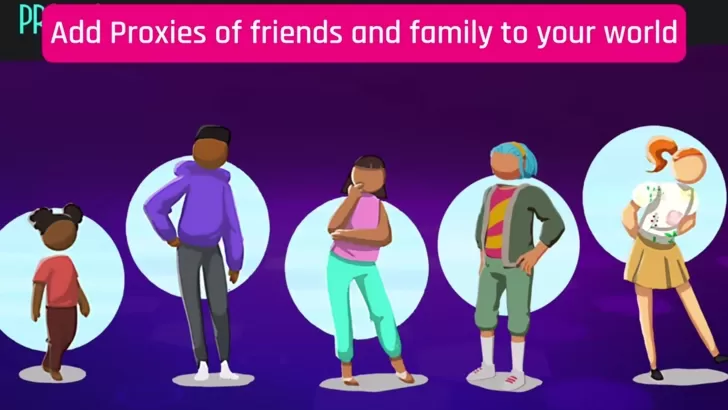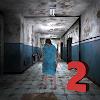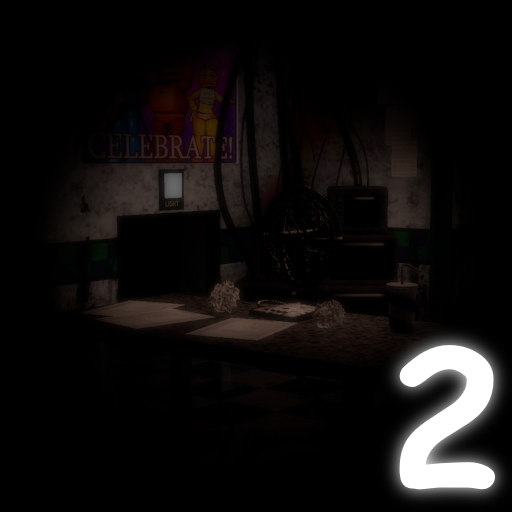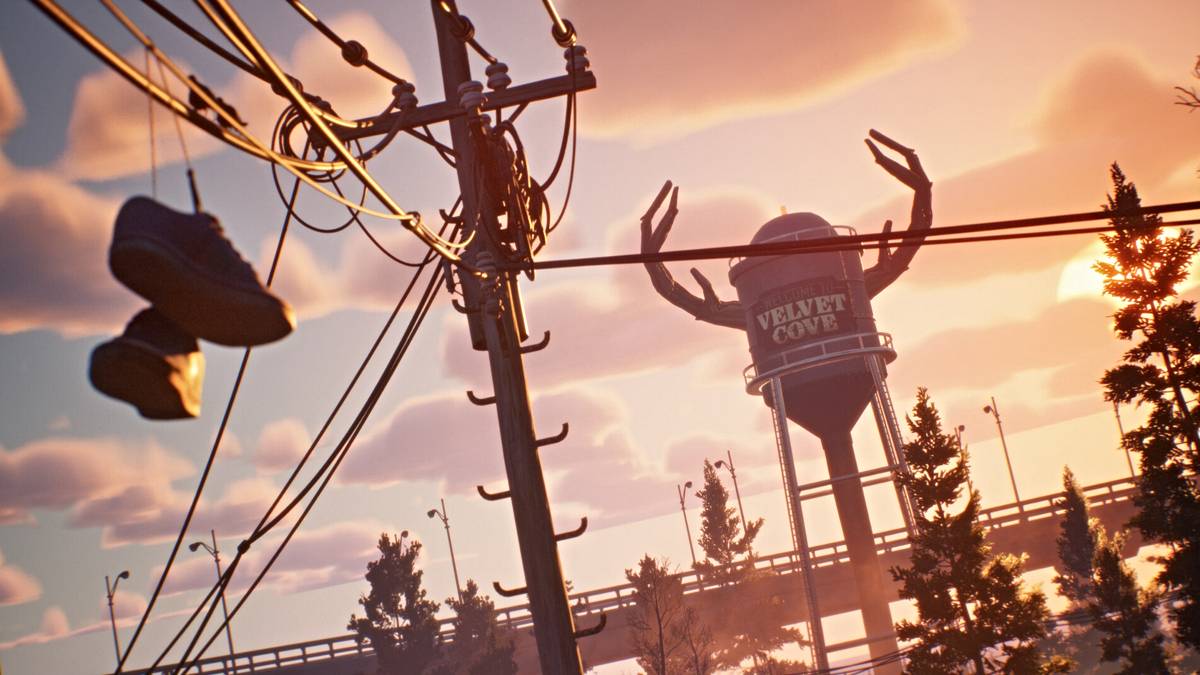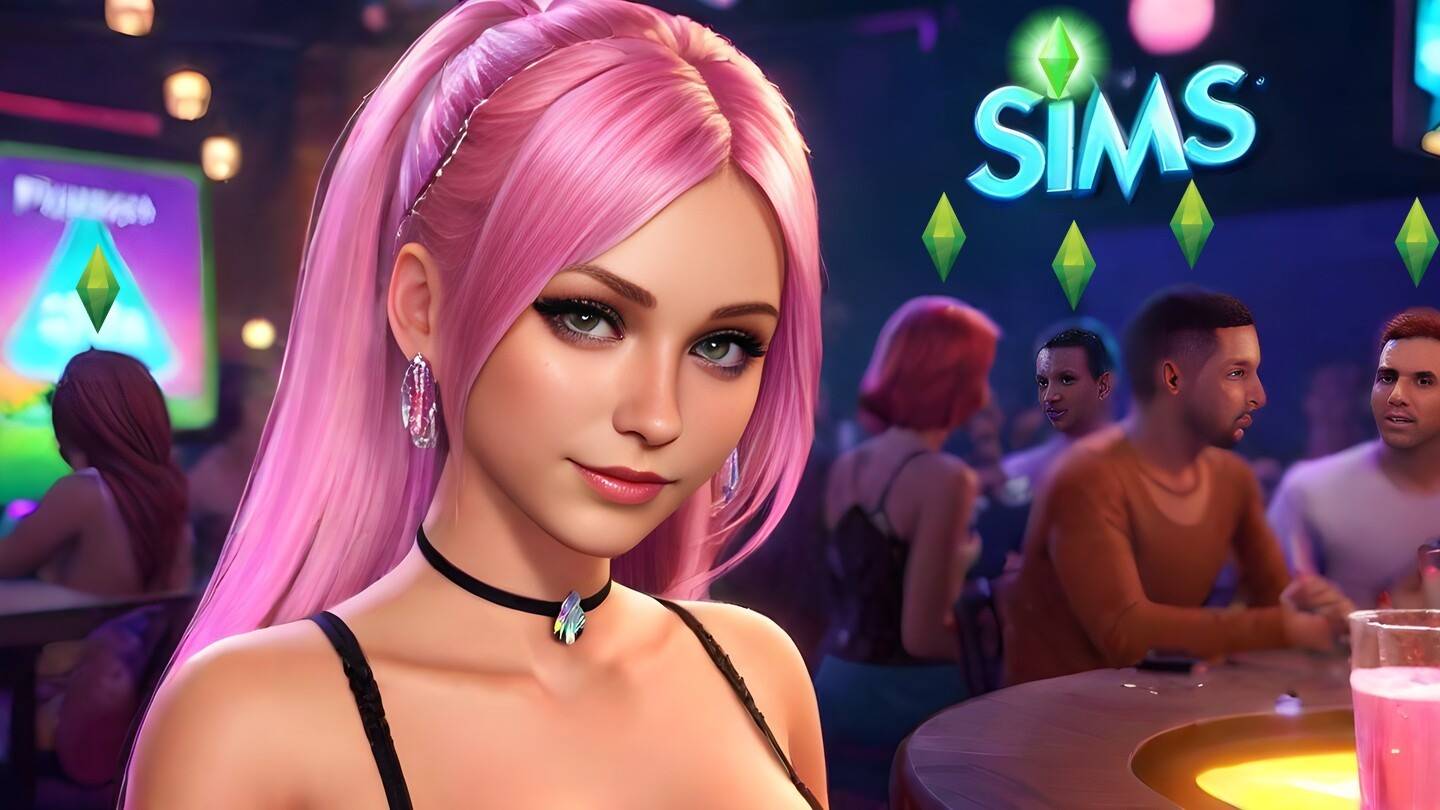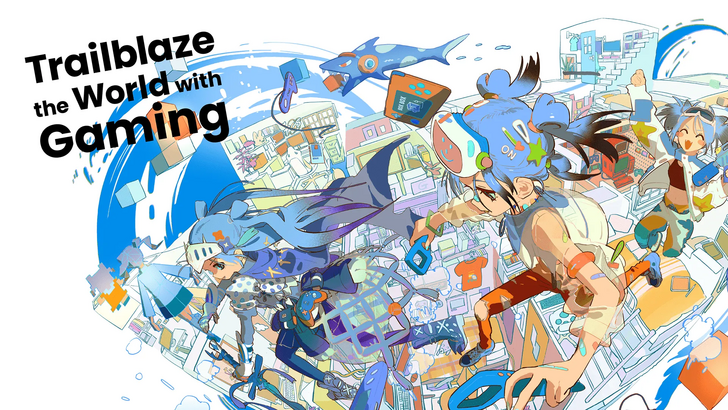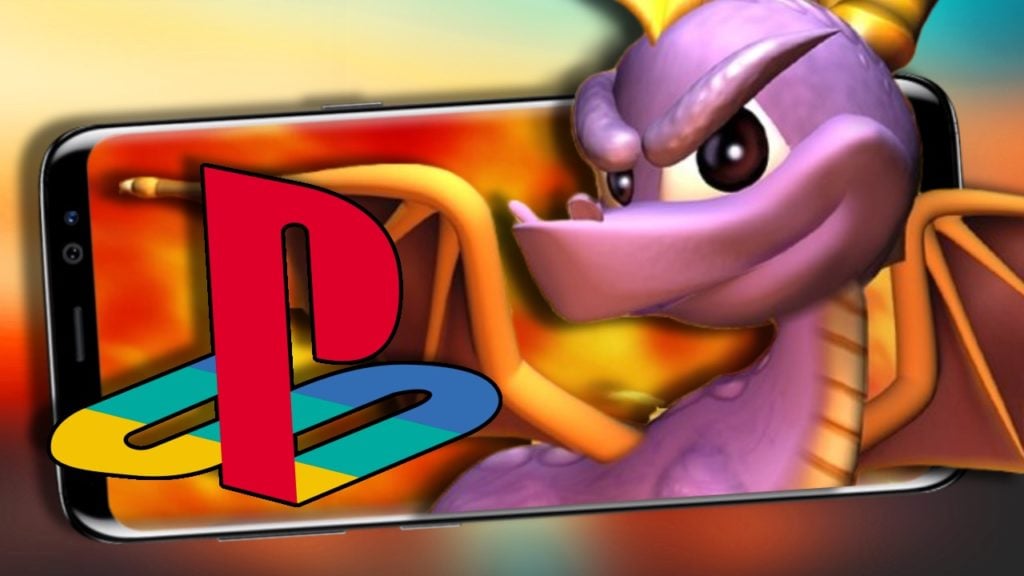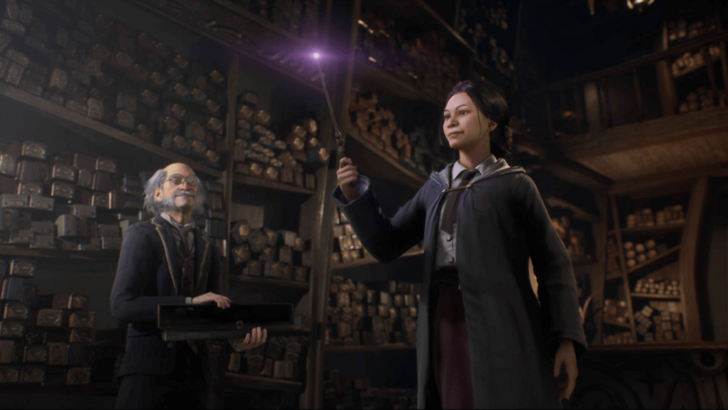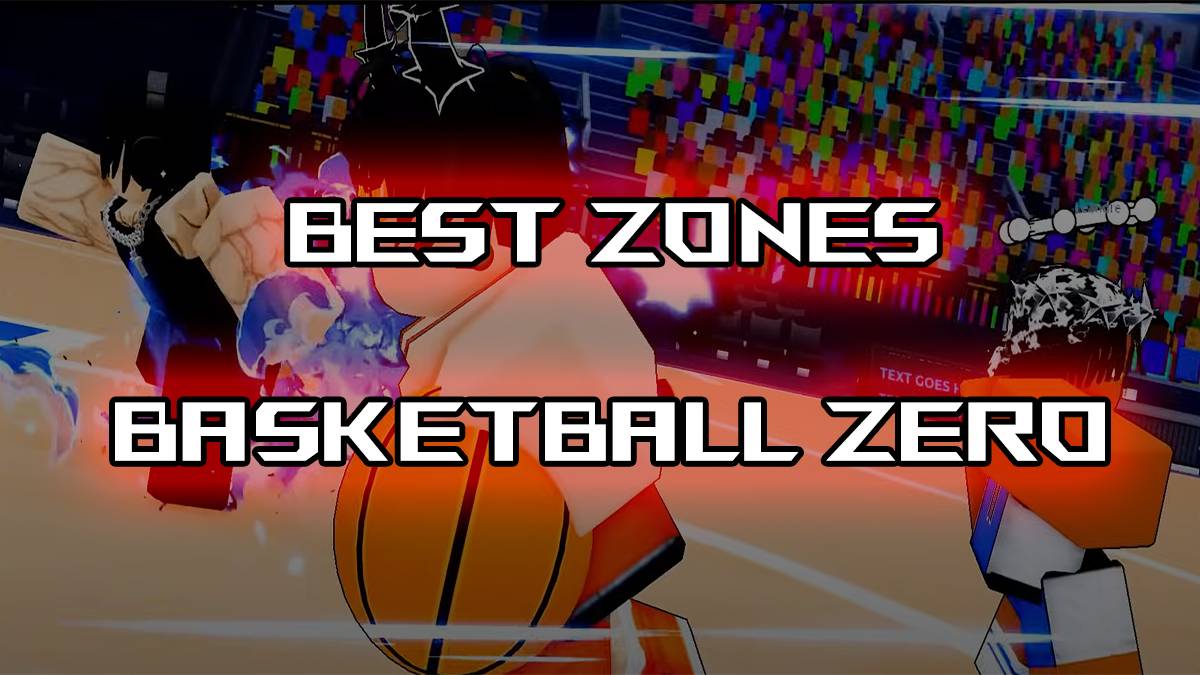The Marvel Cinematic Universe (MCU) has revolutionized the entertainment industry with its interconnected films and TV shows that weave together into a grand, cohesive narrative. However, Marvel video games operate independently, with each game telling its own unique story. For instance, Insomniac’s Marvel’s Spider-Man series does not share a universe with Eidos-Montreal’s Marvel's Guardians of the Galaxy. Likewise, upcoming titles such as Marvel 1943: Rise of Hydra, Marvel's Wolverine, and Marvel’s Blade have no narrative connections to one another.
Yet, there was once an ambitious plan at Disney to develop a Marvel Gaming Universe (MGU) that would mirror the MCU's success in the gaming world. So, what led to the abandonment of this intriguing concept?

The Rise and Fall of the Marvel Gaming Universe
On The Fourth Curtain podcast, host Alexander Seropian and guest Alex Irvine, both of whom were involved in the MGU project, shared insights into why this initiative did not come to fruition. Seropian, known for co-founding Bungie and his work on Halo and Destiny, later managed Disney’s video game division before departing in 2012. Irvine, a seasoned writer for Marvel games, notably contributed to the world-building and character development in Marvel Rivals.
Irvine reminisced about the early days of his involvement with Marvel games, stating, "When I first started working on Marvel games, there was this idea that they were going to create a Marvel gaming universe that was going to exist in the same way that the MCU did. It never really happened."
Seropian elaborated that the MGU was his brainchild, but it failed to secure the necessary funding from Disney's executives. "When I was at Disney, that was my initiative, 'Hey, let’s tie these games together.' It was pre-MCU," Seropian explained. "But it didn’t get funded."
Irvine, who had previously worked on the innovative Halo alternate reality game (ARG) I Love Bees at Bungie, shared his vision for the MGU. "That was so frustrating because we came up with all these great ideas about how to do it," he said. "And I was coming out of ARGs at that point and thinking, 'Wouldn’t it be cool if we had some ARG aspects?' There would be a place where players could go that all the games touched, and we could move them back and forth from game to game. We could link in comics, we could loop in anything, we could do original stuff. And then, as Alex said, it didn’t get funded. So we made a bunch of games."
The complexity of the MGU concept may have been its downfall, as Irvine suggested. "Even back then, we were trying to figure out, 'If there’s going to be this MGU, how is it different from the comics? How is it different from the movies? How are we going to decide if it stays consistent?' And I think some of those questions got complex enough that there were people at Disney who didn’t really want to deal with them," he explained.
It's intriguing to ponder what might have been if the MGU had received the necessary funding. Perhaps Insomniac’s Spider-Man games would have shared a universe with Square Enix’s Marvel's Avengers and Marvel's Guardians of the Galaxy, featuring character crossovers and culminating in a grand, Endgame-like event.
As we look to the future, questions linger about Insomniac's Marvel's Wolverine game. Will it share the same universe as Marvel's Spider-Man? Could we see Spider-Man or other characters from those games make a cameo in Wolverine?
Sadly, the MGU remains a fascinating yet unrealized vision, a "what if" scenario in the annals of video game history. Perhaps, in some alternate reality, the MGU thrives as a testament to what could have been.





